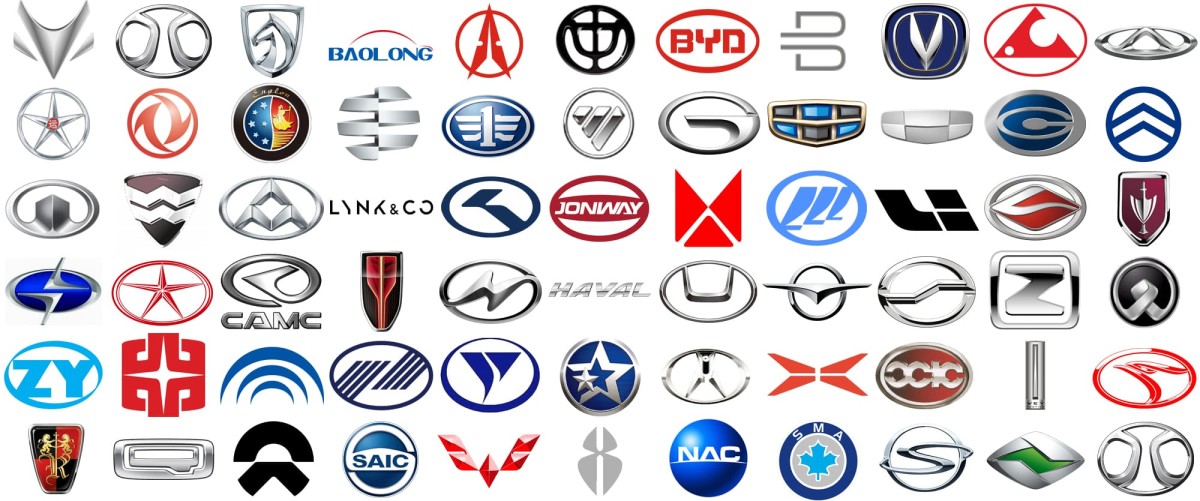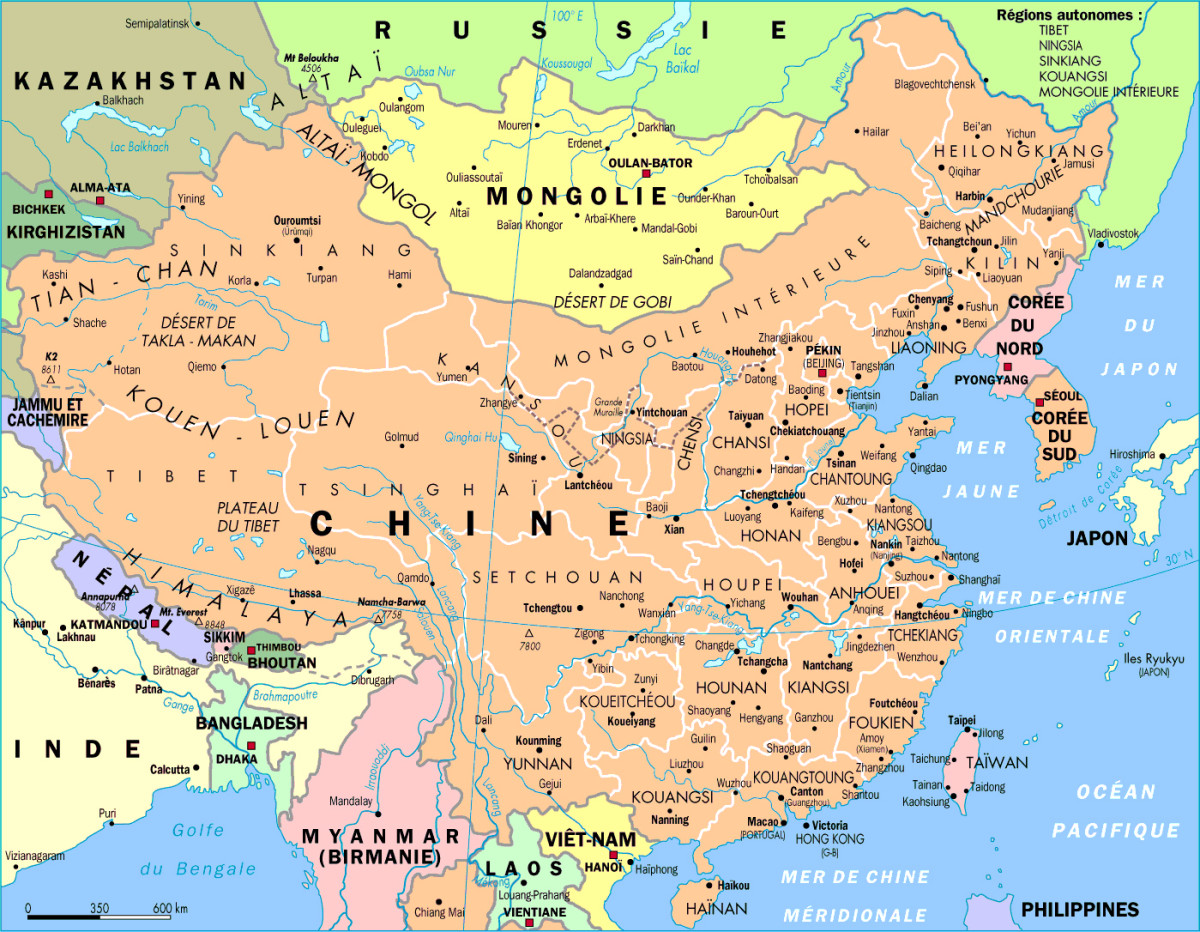Melamine milk Scandals and Economic crisis
Several infants have died and thousands were hospitalized in China after drinking milk products contaminated with melamine, a dangerous industrial chemical. The Chinese government admitted that Chinese companies may have exported the tainted milk products. Consumers and health agencies from around the world are now rejecting Chinese milk products.
On the other side of the world, several financial institutions in Wall Street have filed for bankruptcy. Other big U.S. banks are expected to close down as well due to mounting bad loans and subprime losses. The federal government has readied a financial package to rescue these ailing banks.
Is there a direct link between the China milk scandal and the Wall Street crash? Perhaps not. But they are similar economic disasters which expose the downside of corporate globalization.
The drive for profit may have led the Chinese milk manufacturers to mix the harmful melamine chemical with their products. They endangered consumer welfare and violated business ethics in order to reduce production costs.
On the other hand, various U.S. credit agencies ignored banking rules and common sense when they approved housing loans to persons who couldn’t afford to pay their financial obligations. To prevent losses from these unpaid mortgages, banks created artificial financial instruments and traded them in the market.
It is safe to assume that Wall Street executives were aware that these speculative activities would undermine the stability of the market. But it seems the temptation to earn super profits was difficult to refuse.
Chinese milk companies and Wall Street were able to break the rules because of inadequate regulation. Health inspectors in China bungled their jobs. The U.S. government was unwilling to regulate the big transactions on Wall Street.
Economic damage, and deaths in the case of China, could have been minimized if both the Chinese and U.S. governments had intervened early and swiftly when the problem was still manageable. Chinese officials were informed about the tainted milk issue two months ago but they didn’t order the withdrawal of milk products from the market. They didn’t warn their citizens about the health hazards of drinking the contaminated milk. They didn’t stop the shipment of milk products to other countries.
When foreclosure cases in the housing sector began to rise a few years ago, the U.S. government should have devised an emergency plan to help homeowners and to assist the banking sector. But it didn’t act. It refused to tap public money to save the homes of its citizens. Instead, it expected the glorified market forces to fix the problem.
The financial mess got worse. Now the government will be using billions and billions of taxpayers’ money to bail out Wall Street. Thousands will still remain homeless but Wall Street executives will get their hefty paychecks.
The negative impact of the China milk and Wall Street scandals was felt worldwide, thanks to a globalized economy. Chinese milk and milk-based products are exported to almost all countries because they are less expensive. The melamine-infested milk from erstwhile socialist China is the “specter that haunts” the world today.
The Wall Street crash led to the weakening of other financial centers in the world. Global stock markets went down. The decline of the U.S. banking sector has affected the economies of small and big nations alike. It is not only the U.S. economy which is under threat of recession; global capitalism is in serious trouble.
But interestingly, the global impact of the China milk and Wall Street scandals has revealed the world’s dependence on the economies of China and the United States. The world needs China’s cheap goods and the stability of the United States, the world’s biggest consumer market.
Governments cannot afford to ban Chinese goods despite the spotty record of China’s export industry. China produces most of our daily needs, from toothpaste to bed pillows. In the same way, the world cannot ignore a bankrupt United States. The fall of capitalist America will trigger a global crisis.
Whether we like or hate China and the United States, they should be part of the solution the moment we decide to reform the global economy.
Did the world gain something from the China milk scandal? It remains to be seen. But it is promising to note that there are renewed discussions about the importance of breastfeeding, especially in the developing nations. Trade officials are now imposing better safety standards on Chinese export goods. It is hoped that China will improve the working conditions in its manufacturing sector.
Did the world gain something from the Wall Street crash? It is debatable whether the bailout program will be good or bad for the U.S. economy. Definitely there will be new banking regulations. Governments around the world are now reviewing their economic policies, especially those that concern the financial sector.
What is the symbolic relationship of the China milk scandal and the Wall Street crash? By providing the capital which fueled the economic investments in China, Wall Street somehow triggered a chain of events which led to the untimely deaths of numerous infants. Wall Street’s “fictitious capital” produced tangible results which the world’s poor had to bear.
For many people living in poor countries, the U.S. financial crisis looks and sounds too vague on TV. Few people understand what liquidation, credit crunch and subprime really mean. If the U.S. economy is falling, what are its concrete consequences which the global poor have to fear?
The infant deaths caused by melamine-tainted milk in China gave the public an image to visualize the horrific consequences of unbridled corporate globalization. Capitalism which obeys few or no rules leads to bankruptcies, homelessness and infant deaths.








